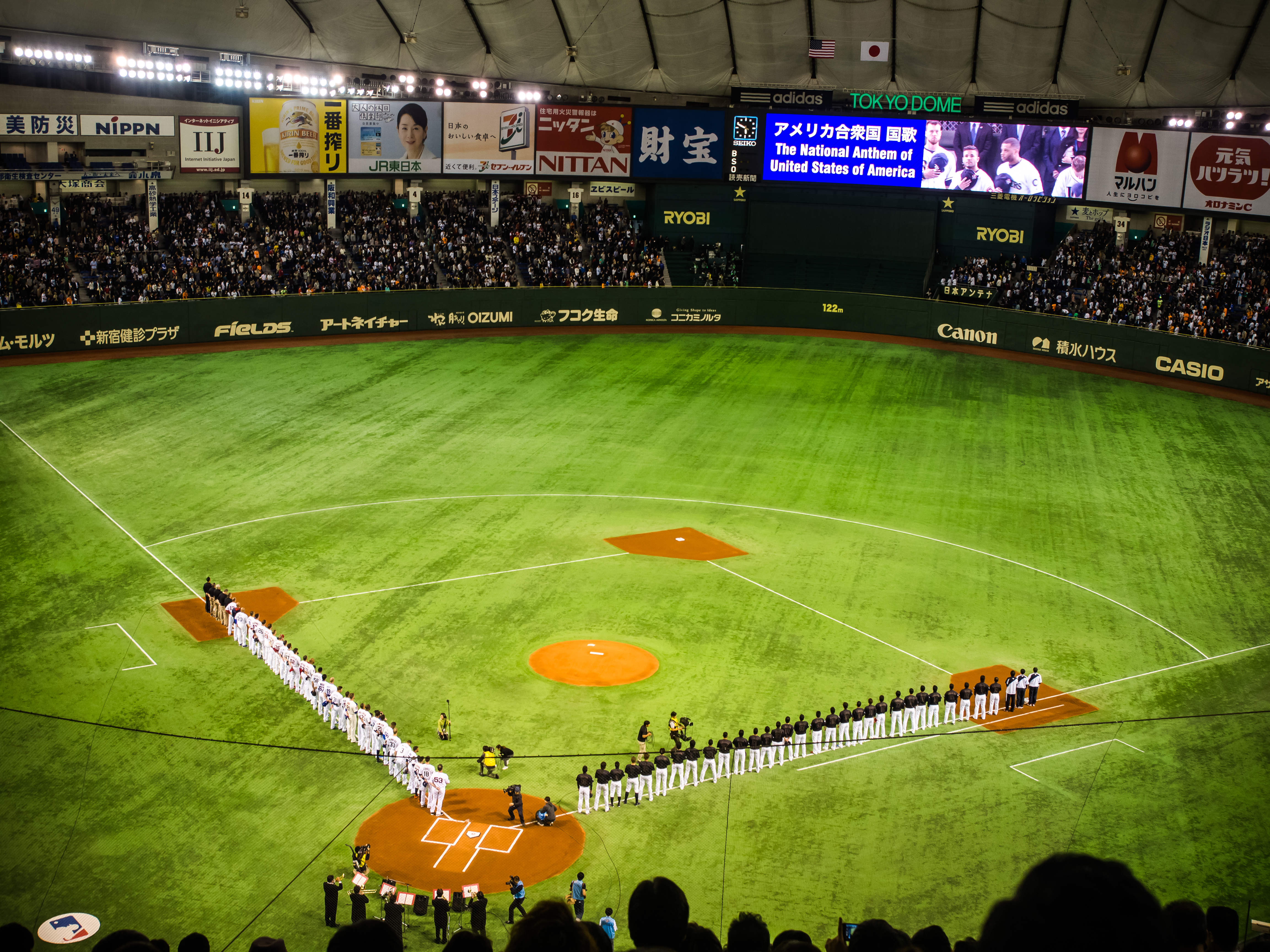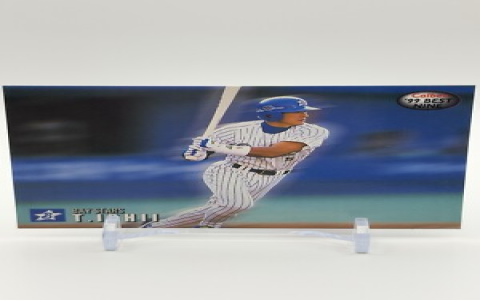Okay, this one’s been percolating for a while. Living here in Japan, you see baseball everywhere. Kids play it, pros are huge stars, companies have teams. Cricket? Not so much. But I kept hearing whispers about expat groups playing, and honestly, I got curious. Are they even remotely similar? How do Japanese folks talk about cricket? So, I decided to dive in and actually try both, side-by-side, to really grasp the differences for myself. Here’s how it went down.

Getting the Gear and Feeling Lost
First stop: Baseball. Easy. Walked into any decent sports store. Picked up a mitt, a standard hardball, and a wooden bat. Felt familiar, smelled like leather and dust. The guy at the counter rattled off terms without thinking: boru (ball), batto (bat), mitto (mitt), besu (base). Simple. Felt confident heading to the local batting cage for a quick session, working on my swing.
Cricket? Whole different story. Wandered into several sports shops asking about cricket equipment. Got blank stares every time. “Sukitekku? (Cricket?)” Confusion. Nope. Finally tracked down a specialty shop way out near Sano. Stepped inside and felt utterly clueless. A leather ball, but way harder and heavier than a baseball? The bat felt massive, like a giant paddle, flat on one side. The guy showed me pads (shin guards), gorubōru (not a ball, but the wicket!), and batto (bat, again!). Even the wickets themselves were confusing – three stumps with bails? It was a whole new vocabulary hitting me at once: bowler, batsman, wicketkeeper, fielder.
Trying My Hand at Batting (and Bowling)
Baseball batting was familiar territory. Stood in the cage, focused on the machine spitting out boru. Sutoraiku! (Strike!) Felt good to connect. Tried some pitching practice too, aiming for speed and control.
Cricket batting practice was a revelation. Joined a very patient expat group for a net session. Facing a real bowler tossing that heavy, hard red ball? Intimidating! Instead of swinging for the fences like baseball, the coach stressed footwork (ashibumi), defending the wicket (gorubōru o mamoru), and playing the ball along the ground. Used terms like maido (maiden over – bowler didn’t get hit), shikku supointo (six points – a home run equivalent!), de bōru (dead ball). Felt awkward at first, protecting my legs with the pads. Bowling? Forget speed. Had to focus on a straight arm action and bouncing the ball right. They talked about yōbō (no ball – illegal delivery), waidobōru (wide ball). My arm ached afterward!
The Big Eye-Opener: Fielding on a Real Pitch
Baseball fielding felt precise. Covered my base position, practiced catching pop flies (furō bōru), and quick throws to besu. Cutoffs, relays – familiar routines.

Then joined a low-key cricket game. Wow. The field shape? Mostly oval. The grass felt different, shorter inside the pitch area. Field positions were everywhere: silipōto (slip), guriipointo (gully), midowiketto (midwicket), finta (fine leg). No hiding! Had to pay constant attention to the bowler and batsman. The biggest shock? The concept of “out.” Not just catching it or tagging a base. Gorubōru o otosu (dismissing the batsman by hitting the wicket with the ball? Took me a minute!). Or ranauto (run out – like a force out but while running between wickets). Heard de kōto (declared out) a few times. Got caught trying to dive for a catch near the boundarī (boundary rope) – bruised ego included.
Rain Check? Or Cricket Check?
Final thought hit me literally as it started drizzling during the cricket match. Baseball games? They often just stop for rain. Suspended. Delay. Big production.
This cricket match? Players mostly shrugged. Kept playing. Unless it was pouring, they just adjusted. Someone yelled “wēto autofīrudo!” (wet outfield? Be careful!). That adaptability was striking. Meanwhile, back at the baseball diamond that day, everything was shut down, tarp on. Said it all.
So yeah, huge differences! Equipment, playing area, rules, positions, even how you handle the weather. Baseball (yakyū) is king here, no doubt. But scratching beneath the surface? Cricket’s got its own niche world, its own rhythm, and its own set of Japanese terms slowly carving out a space. Feeling sore everywhere, but totally worth it for the real-life comparison.
